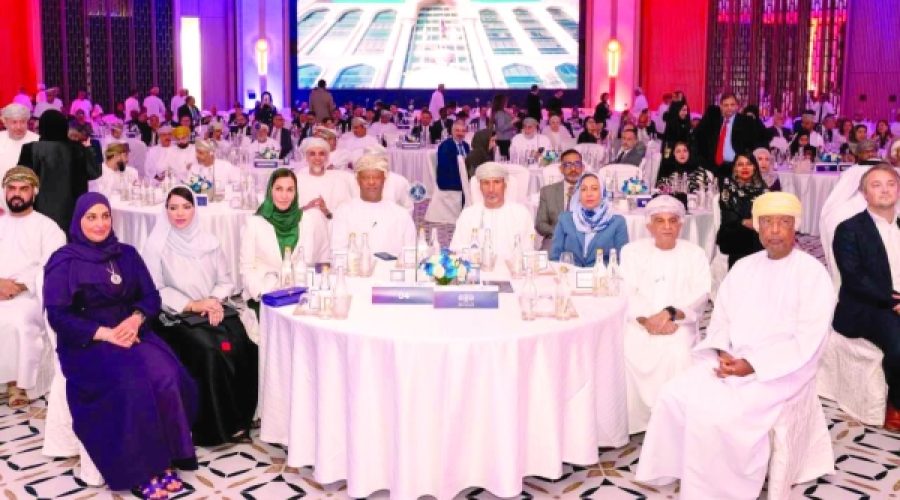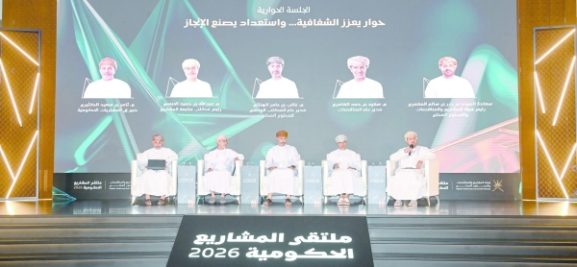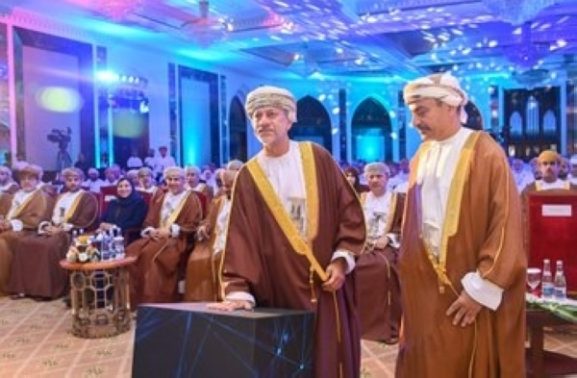CEO Summit Unveils Key Leadership Strategies for Navigating Oman’s Economic Transition: Implications for Investors and Business Owners
MUSCAT: The Fourth CEO Summit took place on Monday, convening senior executives, policymakers, and global thought leaders to discuss critical issues concerning leadership, economic transition, and investment trends that are shaping the future of Oman. Sponsored by Oman Arab Bank and organized in collaboration with Crossroads by Harvard Business School, the summit emphasized the implications of rapid technological advancements and the goals outlined in Oman Vision 2040.
Sulaiman al Harthi, CEO of Oman Arab Bank, stated that corporate leaders in Oman must navigate increasingly complex market conditions influenced by the evolution of technology, global supply chains, and capital flows. He stressed the importance of leadership models that emphasize collaboration, adaptability, and ecosystem development to support national growth.
Eng. Salim bin Nasser al Aufi, the Minister of Energy and Minerals, delivered a keynote address highlighting the significance of energy transition and innovation in the country’s long-term economic strategy. He pointed out that new investments in renewable energy, hydrogen, and efficiency initiatives will necessitate agile leadership that can balance growth and sustainability.
Speakers provided diverse perspectives that are pertinent to the private sector. Saleh Lootah discussed the growing impact of the Harvard Business School GCC network on regional leadership trends. Longgen Zhang (Sam) offered insights into the evolving global capital markets, particularly how emerging economies are repositioning themselves amid geopolitical and technological shifts. Raif al Harthy focused on the opportunities within Oman’s expanding SME and startup ecosystem, while Tariq Qureishy examined the transformative effects of artificial intelligence on executive decision-making and organizational design.
The summit concluded with a panel discussion moderated by Dr. Lamya al Haj, which evaluated the skills necessary for Oman’s transition to a knowledge-based economy. The panelists unanimously agreed that enhancing digital capabilities, fostering innovation-driven thinking, and upskilling the national workforce are crucial for maintaining competitiveness.
Special Analysis by Omanet | Navigate Oman’s Market
The recent CEO Summit highlights the urgent need for adaptive leadership as Oman transitions towards a knowledge-based economy under its Vision 2040 framework. Opportunities abound in the renewable energy sector and the burgeoning SME ecosystem, necessitating that smart investors prioritize agility and innovation in their strategies. As geopolitical shifts reshape capital flows, businesses must remain vigilant to leverage the changing landscape while mitigating risks associated with rapid technological advancements.



